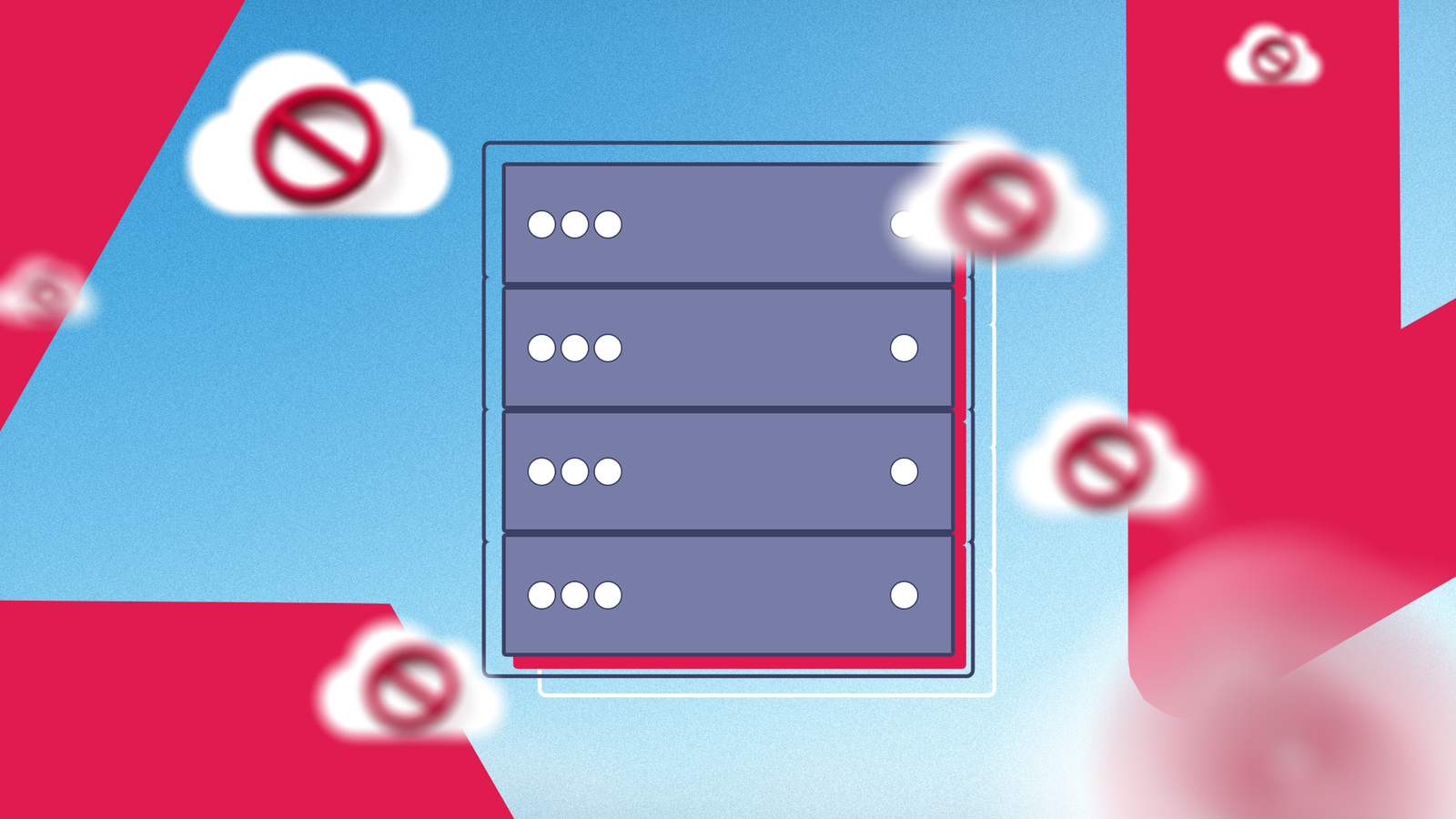What Insights Did I Gain from a Month of Self-Hosting?

Published: 2025-09-06 11:42:10 | Category: Trump GNEWS Search
This article explores the journey of transitioning from cloud-based applications to self-hosted alternatives, highlighting the benefits and challenges of achieving true digital ownership and privacy. It delves into the financial implications, learning curves, and the impact on convenience, ultimately questioning whether digital freedom is a realistic goal.
Last updated: 28 October 2023 (BST)
Key Takeaways
- Self-hosting offers ultimate data ownership and privacy.
- Initial costs can be high, but long-term savings are significant.
- The learning curve for self-hosting is steep and time-consuming.
- Convenience can be compromised compared to cloud services.
- Maintenance and security are solely the user’s responsibility.
Understanding Self-Hosting
Self-hosting refers to the practice of running applications and services on your own hardware rather than relying on cloud providers. This approach allows individuals to maintain complete control over their data and privacy. However, it comes with its own set of challenges and responsibilities.
The Allure of Cloud Services
Cloud services have become immensely popular due to their convenience and ease of use. Platforms like Google Photos, Spotify, and Notion offer seamless accessibility from any device and the ability to collaborate effortlessly with others. Users can upload, share, and manage content without worrying about the underlying infrastructure.
What Sparked the Experiment?
Despite the convenience, there was a nagging feeling of being a renter in my digital life. The desire for ownership and privacy led me to consider self-hosting as an alternative. The question became: could I truly gain digital freedom and ownership by taking this step?
The Journey Begins: Initial Setup
My first task was to set up the necessary hardware and software for self-hosting. This required purchasing a mini PC and hard drives, resulting in an initial investment of approximately £450. While this seemed steep compared to my monthly subscription fees, I soon realised the long-term savings would outweigh these costs.
Calculating the Costs
My previous cloud subscriptions totalled around £25 per month, amounting to £300 annually. In contrast, my self-hosting setup, while initially costly, would pay for itself in just over a year and then generate savings thereafter.
Facing the Learning Curve
Transitioning to self-hosting was not without its challenges. Terms like IP addresses, Docker containers, and SSL certificates were foreign to me. The process of making my server accessible from outside my home network became a significant hurdle, requiring a deep dive into router settings and firewall configurations.
Convenience vs. Control
One of the most significant drawbacks of self-hosting was the loss of convenience. With cloud services, collaboration was as easy as sharing a link, and accessing documents on mobile devices was seamless. In contrast, getting my family members to use self-hosted apps like Immich became a project in itself.
Mobile Experience Challenges
Many self-hosted applications lacked polished mobile apps, forcing me to rely on mobile browsers for access. While some self-hosted solutions, like Grocy for kitchen management and YouTrack for project management, impressed me, others did not meet my expectations.
Security and Maintenance Responsibilities
Self-hosting shifted my role from a simple user to an active administrator. I had to ensure my data was backed up regularly and learn how to configure firewalls to protect my server from potential threats. This new responsibility included staying updated on software patches and security measures.
Time Investment
The time commitment for maintaining a self-hosted environment is substantial. Regular updates and constant vigilance are essential to ensure the security and reliability of the system. This aspect of self-hosting is often underestimated by new users.
Reflections on Digital Independence
My month-long experiment of replacing cloud apps with self-hosted alternatives was enlightening. While the experience came with frustrations and moments of nostalgia for the simplicity of cloud services, it also highlighted the possibility of achieving digital independence.
Is True Digital Freedom Achievable?
For those willing to invest the time and effort into learning and maintaining a self-hosted environment, digital freedom is attainable. However, it's essential to weigh the pros and cons carefully. Self-hosting may not be suitable for everyone, especially those who prioritise convenience over control.
Conclusion: The Future of Digital Ownership
The journey into self-hosting has been a transformative experience, revealing the complexities and rewards of digital ownership. While I now have ultimate control over my data, the learning curve and maintenance responsibilities can be daunting. As technology evolves, the quest for true digital freedom continues, prompting a pivotal question: what does digital ownership mean to you?
FAQs
What is self-hosting?
Self-hosting is the practice of running applications and services on personal hardware, allowing users to maintain control over their data and privacy, rather than relying on cloud services.
What are the benefits of self-hosting?
Benefits include ultimate data ownership, improved privacy, potential long-term cost savings, and the ability to customise applications to meet specific needs.
What are the challenges of self-hosting?
Challenges include a steep learning curve, the need for ongoing maintenance and security management, and potential loss of convenience compared to cloud services.
How much does it cost to self-host?
Initial costs can vary based on hardware and software needs, but many users find long-term savings compared to ongoing cloud service subscriptions, especially after the initial investment is recouped.
Is self-hosting suitable for everyone?
No, self-hosting may not be suitable for everyone, particularly those who prioritise convenience and ease of use. It requires a willingness to learn and manage technological complexities.
As the digital landscape continues to evolve, the balance between convenience and ownership remains a key consideration for many. Are you ready to take control of your digital life? #SelfHosting #DigitalOwnership #DataPrivacy



